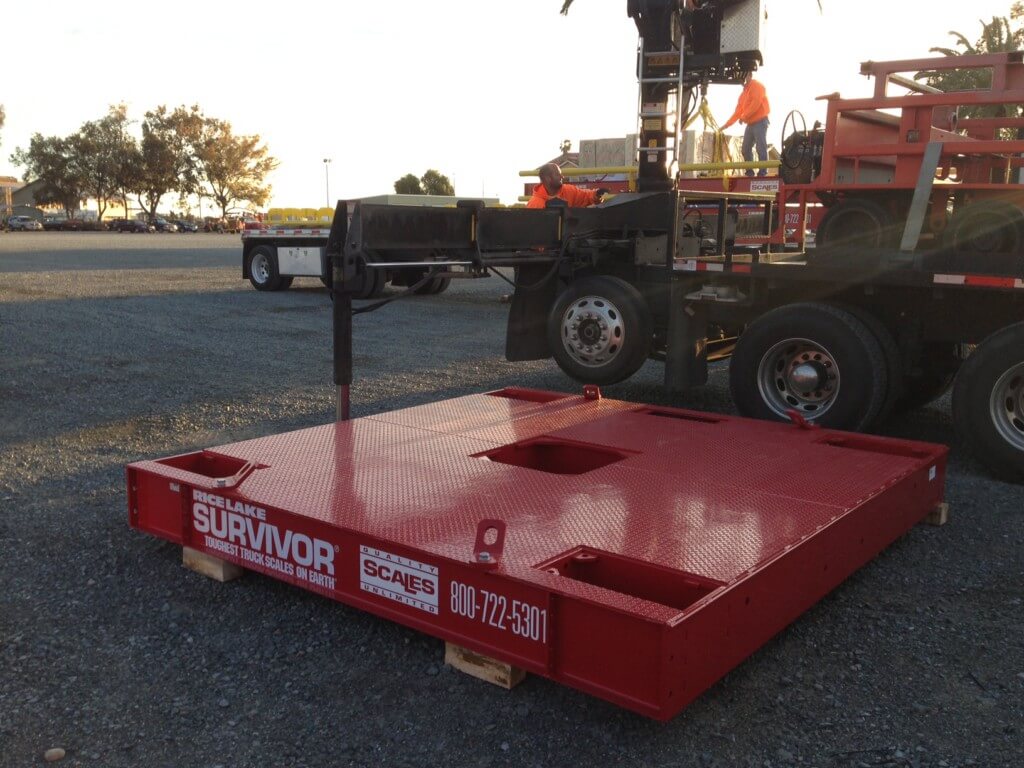
Choosing the right kind of weighing system is important for your business and it can be difficult to know exactly what scale would meet your needs. In this post, we will talk about seven factors that you might consider before buying an industrial scale for your business.
Investing in good quality scales can help your business improve in efficiency and profitability. Many businesses look for scales based on cost however, while cost plays a role, when buying an industrial scale, you may want to consider how much value the scale will provide when it is complementary to your needs.
Seven Things Worth Considering
- Use of the Scale
Different scales have different useful features and applications, which is why determining what you will be using the scale for is important. For example, the scale you would need for the weighing of large packages in a distribution center would be different than what would be needed for weighing and pricing a small item at a market stall.
- Location in the Industrial Environment
Determining where the scale will be used will help you narrow down what scale you’ll want. This is because not every scale will align with the attributes and capabilities you may be looking for. Maybe look at whether or not the scale will need to be moved around a facility or if they will be stationary. Will you have an outlet or a source of electricity at hand? If not, you might look at a scale that can operate via battery or generator.
- Type of Materials
Maybe take into account what materials you would be measuring on the scale. If you handle liquids, would you need a liquid resistant scale? How likely is it that the liquids you’re measuring would spill onto the scale? What might you use to wash down the scale after use in order to maintain the scale? Answering these questions will give you a clearer picture of what to buy.
- Capacity
Something to look into will be the capacity of the scale. Establish the largest total gross weight that you would need the scale to weigh. This figure would be useful in determining what capacity you would need the scale to have. If applicable, you might also need to take into account the tare weight a pallet or container will be adding as well.
- Accuracy
More accurate results can be achieved by regular calibration but getting a scale that is suited to the environment and setting it will be used in is important. Scales that are exposed to the elements, variations in temperature, or ones that are moved around regularly will lose their calibration faster and almost all scales lose calibration just over time and regular use.
- Readability
The readability of the scale determines how many decimal places it has to read. A large capacity industrial scale, such as a 500 lb. capacity platform scale, would have the readability of 0.1 lbs and would be lower compared to a lower capacity scale. A lower capacity like a 50 lb. capacity bench scale would have the readability of 0.01. For example, the precision required of a smaller capacity scale in a lab would be different than what is required of a truck scale.
Generally, standard scales suit most of the industry-related weighing needs quite well; however, there are some applications that would require an extremely high readability — as much as .0001 lb. If you require scales with such high readability, you might look to purchase a special scale, usually an electromagnetic force restoration model. These are quite expensive and usually sensitive to industrial environments.
- Connectivity
Generally, scales are not used in isolation. You often need to connect them with other computer systems, devices and printers to increase quality control, process tracking, inventory and documentation. You may even connect the scales to other equipment so as to control their output lines to automate certain processes like batching, filling, and mixing.
If you would like to talk over what you need in a scale and get a recommendation, contact us at Quality Scales Unlimited. We believe in delivering a product that fits our customer’s needs every time.




